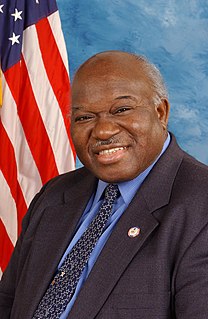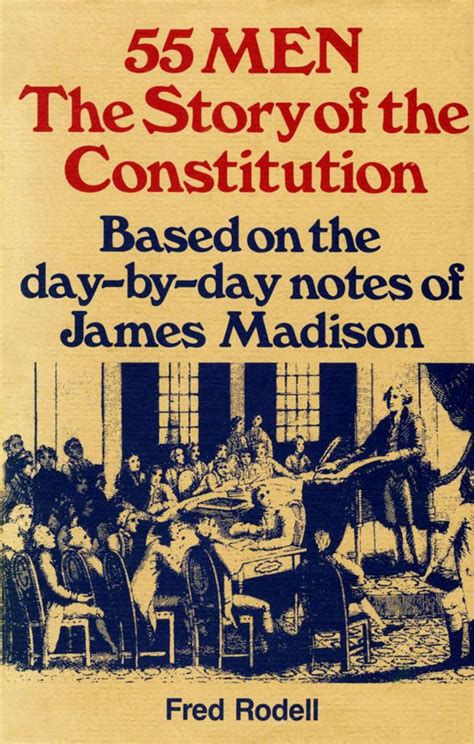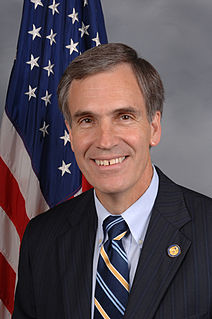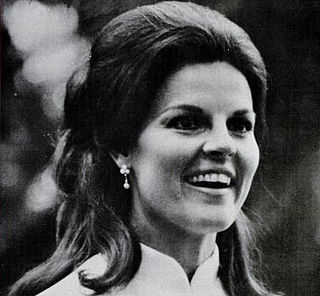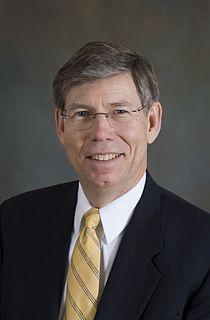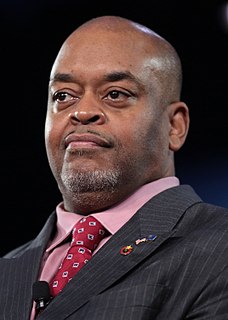A Quote by Major Owens
Our government just won't enforce civil rights laws. The laws will be ignored.
Quote Topics
Related Quotes
The goodness or badness, justice or injustice, of laws varies of necessity with the constitution of states. This, however, is clear, that the laws must be adapted to the constitutions. But if so, true forms of government will of necessity have just laws, and perverted forms of government will have unjust laws.
[Before the Civil Rights Act of 1964], many governments in southern states forced people to segregate by race. Civil rights advocates fought to repeal these state laws, but failed. So they appealed to the federal government, which responded with the Civil Rights Act of 1964. But this federal law didn't simply repeal state laws compelling segregation. It also prohibited voluntary segregation. What had been mandatory became forbidden. Neither before nor after the Civil Rights Act were people free to make their own decisions about who they associated with.
It is the lawyers who run our civilization for us -- our governments, our business, our private lives. Most legislators are lawyers; they make our laws. Most presidents, governors, commissioners, along with their advisers and brain-trusters are lawyers; they administer our laws. All the judges are lawyers; they interpret and enforce our laws. There is no separation of powers where the lawyers are concerned. There is only a concentration of all government power -- in the lawyers.
If Barack Obama believes there are no victims in U.S, then I assume he'll shut down all the civil rights offices throughout the federal government, starting with the Civil Rights Division of the Department of Justice. If there are no victims, all affirmative action laws will immediately be repealed. Same thing for equity in pay.
Immigration law doesn`t exist for the purpose of keeping criminals out. It exists to protect all aspects of American life, the work site, the welfare office, the education system, and everything else. That is why immigration limits are established in the first place. If we only enforce the laws against crime, then we have an open border to the entire world. We will enforce all of our immigration laws!
So what's the difference between republican and democratic forms of government? John Adams captured the essence of the difference when he said, 'You have rights antecedent to all earthly governments; rights that cannot be repealed or restrained by human laws; rights derived from the Great Legislator of the Universe.' Nothing in our Constitution suggests that government is a grantor of rights. Instead, government is a protector of rights.
